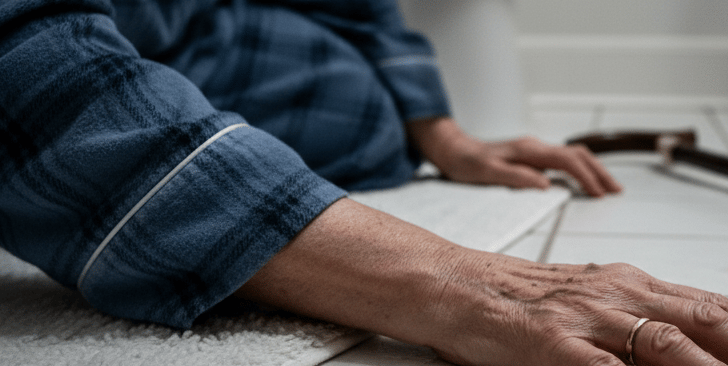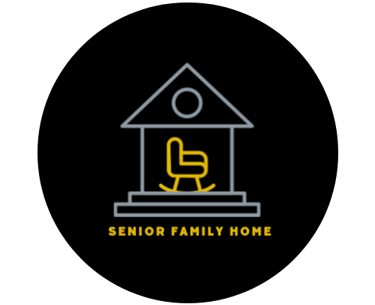After the Fall: How Seniors and Caregivers Can Respond Safely and Confidently


Falls are one of the most common and serious concerns for older adults. Even with the best safety measures in place, accidents can still happen. Knowing how to respond calmly and effectively after a fall can make all the difference in preventing further injury and promoting recovery. Whether you’re a senior living independently or a caregiver assisting a loved one, this guide will help you take the right steps — with safety, care, and confidence.
1. Stay Calm and Assess the Situation
The first and most important thing to do is stay calm. Panic can make the situation worse for both the senior and the caregiver. Take a deep breath and quickly assess the surroundings.
If you are the one who fell, try not to get up right away. Moving too quickly could worsen an injury. Instead, take a moment to determine if you feel pain, dizziness, or weakness.
If you’re a caregiver, ask gentle but direct questions:
• “Where does it hurt?”
• “Can you move your arms or legs?”
• “Do you feel dizzy or confused?”
If there’s any sign of serious injury — such as bleeding, severe pain, or loss of consciousness — call 911 immediately
2. If There Are No Serious Injuries, Get Up Safely
If the senior feels well enough to move, help them get up slowly and carefully:
1. Roll onto one side and rest for a moment to steady breathing.
2. Move onto hands and knees, using a sturdy chair or surface for support.
3. Place one foot flat on the floor and push up gently, using the arms and legs for balance.
4. Once standing, sit down on a chair right away to rest and regain stability.
Never pull or lift the person suddenly, as this could cause additional strain or injury.
3. Check for Injuries and Monitor Symptoms
Even if there are no visible injuries, keep a close eye on how the person feels in the hours and days after the fall. Sometimes, bruises, sprains, or head injuries may take time to appear.
Watch for signs such as:
• Headache, dizziness, or confusion
• Persistent pain or swelling
• Changes in walking or balance
• Unusual fatigue or mood changes
If any of these symptoms occur, contact a healthcare provider for evaluation
4. Report the Fall to Healthcare Professionals
It’s always a good idea to document the incident — note when and where it happened, what may have caused it, and how the person felt afterward. Share this information with a doctor or nurse during the next visit.
Falls can sometimes indicate an underlying medical issue, such as medication side effects, vision problems, or balance decline. A professional assessment can help identify these causes and prevent future accidents.
5. Review and Reinforce Home Safety
Once the immediate concern is addressed, take this as an opportunity to reassess the living environment.
• Improve lighting in hallways and bathrooms.
• Remove clutter and secure loose rugs.
• Add grab bars and handrails where needed.
• Review footwear — ensure non-slip soles are worn indoors.
Even small changes can make a big difference in preventing another fall.
6. Rebuild Confidence After a Fall
A fall can shake a senior’s confidence, leading to fear of moving or becoming too cautious. Gentle encouragement and reassurance are key.
Incorporate light physical therapy or balance exercises (with medical approval) to help rebuild strength and coordination. Encourage social engagement and routine activities — emotional well-being is just as important as physical recovery.
Falls can be frightening, but knowing how to respond with calm, care, and confidence helps protect health and independence.
• Stay calm and assess.
• Get up safely and slowly.
• Check for injuries and follow up with professionals.
• Review home safety and promote recovery.
Remember, prevention doesn’t end after a fall — it continues with awareness, communication, and compassion. Every step toward safety brings peace of mind for seniors and their loved ones.


